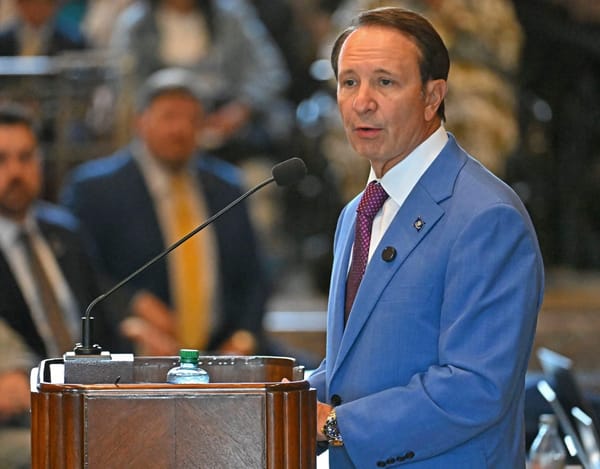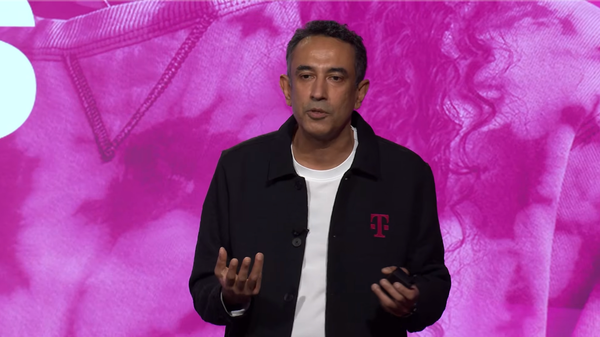ISPs Take the FCC to Court Over Net Neutrality Rules
The ISPs also filed a petition Friday asking the FCC to stay the Net Neutrality rules by June 7
Ted Hearn

WASHINGTON, May 31, 2024 – Trade associations representing major Internet Service Providers took the Federal Communications Commission to court this week to block the Net Neutrality rules adopted in April.
Cases were filed in several appellate venues, including the Fifth Circuit, the Sixth Circuit, Eleventh Circuit, and the D.C. Circuit. Eventually, one court will be chosen by lottery.
On Friday, in a related move, many of the same trade groups filed a petition asking the FCC to stay the Net Neutrality rules, claiming the agency acted unlawfully under a 2022 Supreme Court decision restricting the regulatory freedom of administrative agencies.
The FCC’s rules are scheduled to take effect on July 22. The stay request asked the FCC to rule by June 7 to give a court time to issue a judicial stay before July 22.
The court cases taking on the FCC were referred to in a footnote in Friday’s stay petition.
On the stay petition were: NCTA – The Internet & Television Association, USTelecom – The Broadband Association, CTIA – The Wireless Association, ACA Connects – America’s Communications Association, WISPA – The Association for Broadband Without Boundaries, and state broadband association from Missouri, Florida, and Ohio.
In the petition, the ISP trade groups said the FCC violated the Supreme Court’s 2022 Major Questions Doctrine, which requires an agency to have clear authorization from Congress to adopt rules of vast economic and political significance.
The petition said Congress never clearly authorized the FCC to adopt the Net Neutrality rules. It added that the rules have broad economic consequences.
“The 1996 [Telecommunications] 1996 Act does not provide clear congressional authorization for the [Net Neutrality] order,” the stay petition said. “The economic and political significance of the FCC’s claimed authority is staggering by any measure.”
FCC Chairwoman Jessica Rosenworcel has said the D.C. Circuit upheld the 2015 Net Neutrality rules and that the Supreme Court gave the agency the green light to classify broadband in the 2005 Brand X case.
In the Net Neutrality rules, the FCC said the Major Questions Doctrine should not apply.
“We do not think the Major Questions Doctrine properly comes into play in this context at all. For one, we are simply following the best reading of the Communications Act, as demonstrated by the statute’s plain text, structure, and historical context; there is no call for deference to an interpretation that is not the statute’s most natural reading,” the FCC said.











Member discussion